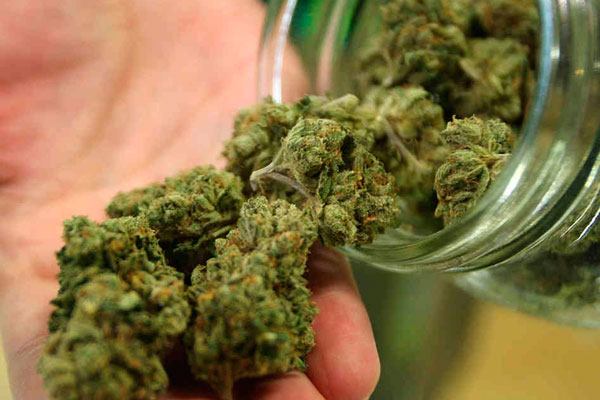Cities across the state are preparing for the opening of retail shops selling recreational marijuana, but they are choosing different ways to approach the issue.
Some cities, including Seattle, are creating new rules and new zoning ordinances to deal with it.
Kent and University Place, on the other hand, are saying they will fight the introduction of marijuana markets.
Sequim, says City Attorney Craig Ritchie, will simply treat it as a commercial retail operation.
“Like a liquor store,” Ritchie said.
He said the city will have very little ability to further control the businesses.
“It’s up to the Liquor Control Board to regulate it,” he said.
That likely includes limiting the number of outlets.
He said the city will be able to comment on retail license applications filed with the Liquor Control Board.
If someone proposes putting a retail outlet “in a terrible place,” the city can voice its opposition. That might include outlets near schools or daycare centers, Ritchie said.
He said it’s best if the city keeps its distance from the retailers because the sale of marijuana remains a serious crime under federal law.
“We don’t want to be in the position of aiding and abetting a federal felony,” he said.
He added that it will be interesting to see how many applications the city receives, especially in light of recent raids of Washington medical marijuana outlets by federal agents.
Ritchie said it’s unlikely the federal government will soon change its stance on the drug, saying U.S. treaties have put the officials in a bind. He said the U.S. classifies marijuana as a Schedule 1 Controlled Substance. “That means it has addictive or narcotic properties — or it’s just bad, like LSD — and no legitimate medical use.”
Many U.S. treaties require other nations also to treat marijuana as a Schedule 1 Controlled Substance.
“We’ve threatened retaliation against them (if they fail to do so), so we have to do it,” Ritchie said.
Clallam County Community Development Director Sheila Roark Miller said there are no rules specifically regarding growing marijuana in Clallam County. If someone chooses to cultivate a crop in accordance with the new state law, they would only be required to meet the same rules as any other farmer.
Cannabis sales curtailed
Regarding medical marijuana, Ritchie said, Sequim “is basically following what Kent is doing.”
He said Kent claims that so-called “dispensaries” have not been legalized because the governor vetoed a key part of the legislation. Because of that, “it would be impossible for a would-be dispensary to obtain the prerequisite state approval.”
He said other cities have taken their own steps to deal with the issue, noting that in Seattle the marijuana is now regarded by city officials as the “lowest priority crime.”
He said the response from the city’s police force was, “Great. We already do.”
The question, he said, is, “Do you use the limited resources of the city and attorney’s office for that or for other uses?”
Sequim Mayor Ken Hays said the issue of retail marijuana hasn’t yet come before the council.
The Liquor Control Board expects to accept the rules next week and to start accepting applications on Sept. 16.
Licenses will be issued in December.
Reach Mark Couhig at mcouhig@sequimgazette.com.



